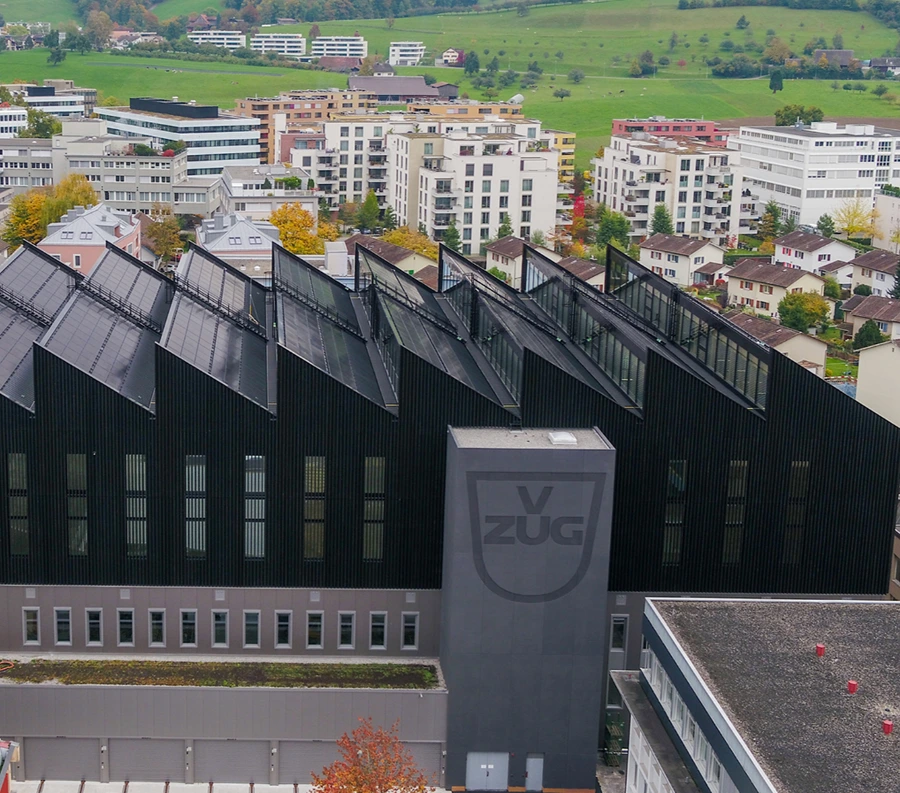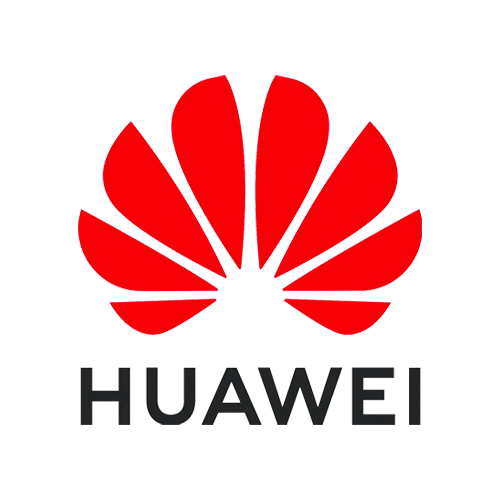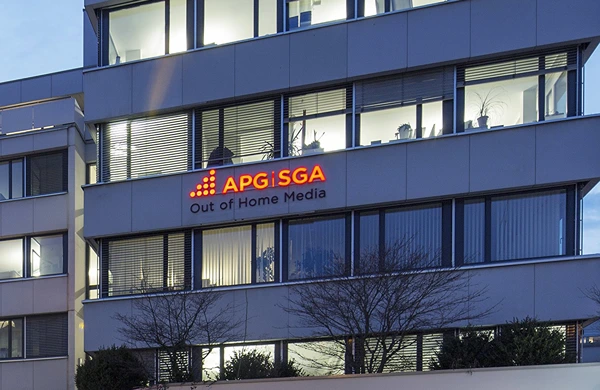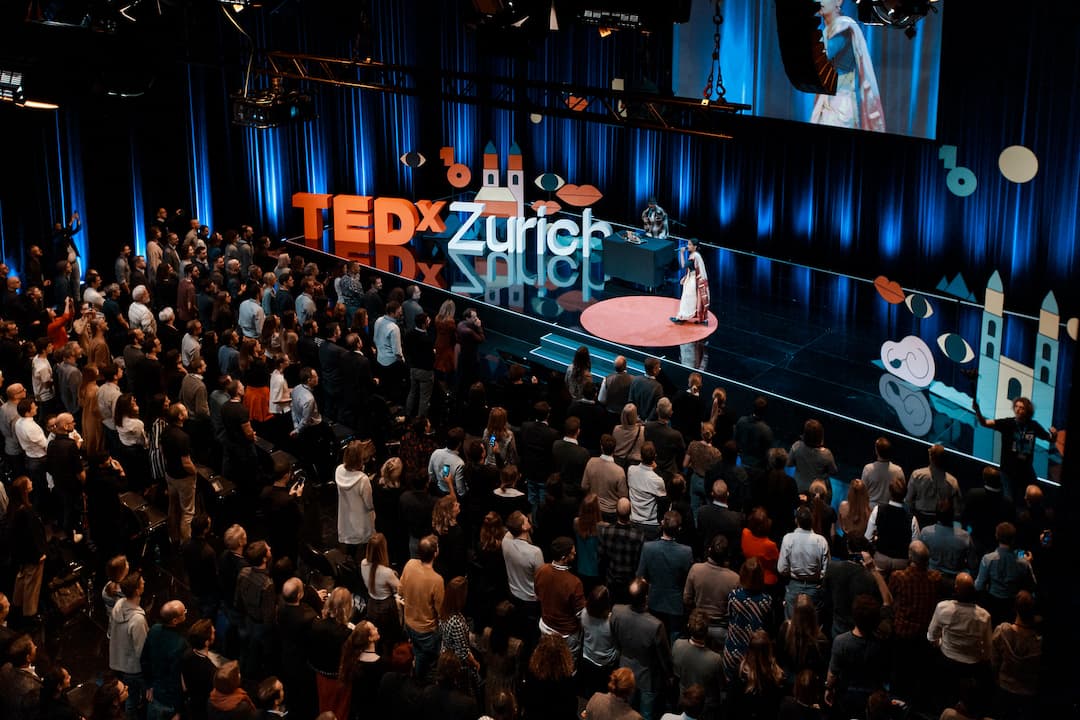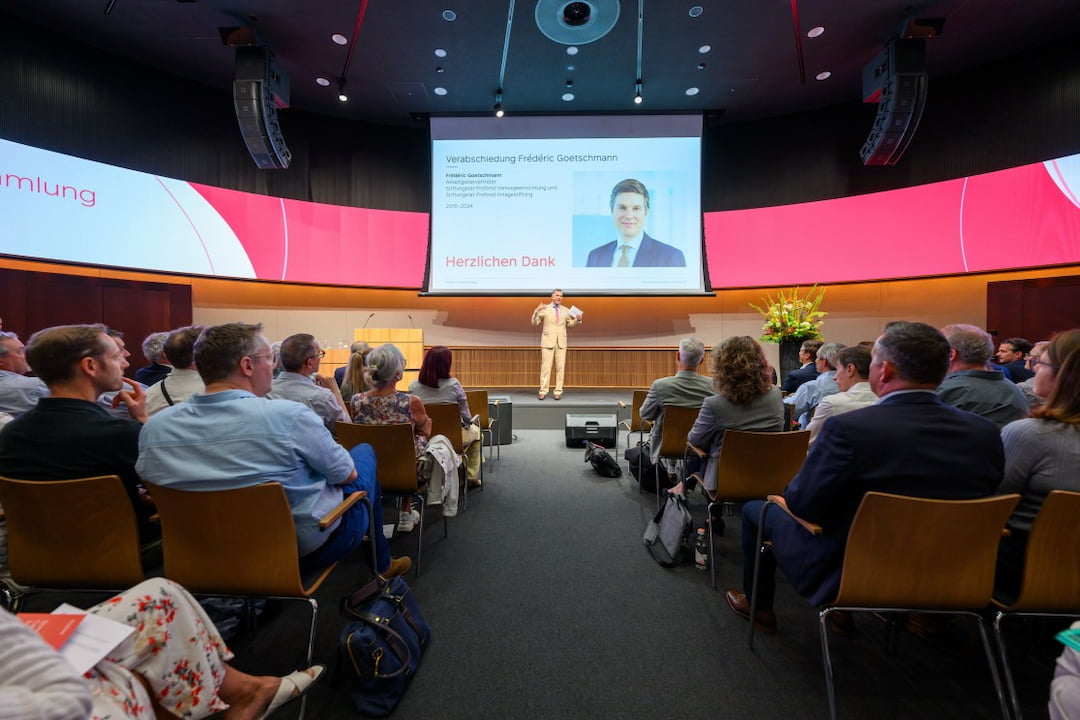Scalable and flexible event solutions for multinational companies
International companies face particular challenges when organizing events. Different time zones, language barriers, cultural characteristics and regulatory requirements require a flexible and scalable event strategy. At the same time, it is important to consistently comply with brand guidelines, keep an eye on costs and design the participant experience at the highest level.
Modern event management software offers a central solution for this, which makes it possible to efficiently plan, carry out and evaluate events in various countries.
Challenges of multinational event organization
Organizing international events is complex. Teams often work across multiple locations and countries, making seamless communication difficult. Various legal requirements, such as data protection guidelines or tax requirements, must be met. It is also a challenge to communicate the brand message consistently worldwide and at the same time address local characteristics.
Cost control is also difficult when budgets are spread across several countries and managed in different currencies. A lack of central systems often leads to redundant processes and higher expenditure.
Benefits of scalable event solutions
Scalable event solutions enable companies to centrally manage events of any size and complexity. Once created, event templates can be quickly adapted for different markets. Content, design, and workflows can remain brand-compliant while local teams make flexible adjustments.
The central management of all event data ensures a better overview, and important key figures can be analyzed across locations. Automated processes save time and reduce sources of error, while collaboration between international teams is improved.
Flexibility for local requirements
A successful event strategy for multinational companies must be globally consistent and at the same time locally relevant. Modern event platforms offer functions for translating content, adapting designs to local conditions and integrating local payment methods.
In addition, content can be personalized for specific target groups in order to achieve greater relevance and participant loyalty in different markets.
Efficiency through automation
Automation is a key factor for increasing efficiency. Registration processes, email communication, ticketing, and surveys can be automated, freeing up resources for creative and strategic tasks.
In addition, automated workflows enable event series to be scaled faster, which is particularly beneficial for recurring events.
Security and compliance
Data security plays a central role, especially at international events. Companies must ensure that all platforms comply with applicable data protection laws, such as the GDPR in Europe. Certifications such as ISO 27001 provide additional assurance that customer data is protected and processes are regularly audited.
Performance measurement and optimization
A central event platform offers comprehensive analysis functions. Companies can measure KPIs such as attendance, satisfaction, engagement rates, and ROI across locations. The insights gained help to optimize future events and adapt the strategy based on data.
conclusion
Scalable and flexible event solutions are crucial for multinational companies to organize events worldwide efficiently and in line with the brand. With centralized control, local adaptability, automation, and strict safety standards, you can reduce costs, improve quality, and maximize ROI. Modern event management software provides the necessary infrastructure to successfully implement global event strategies.
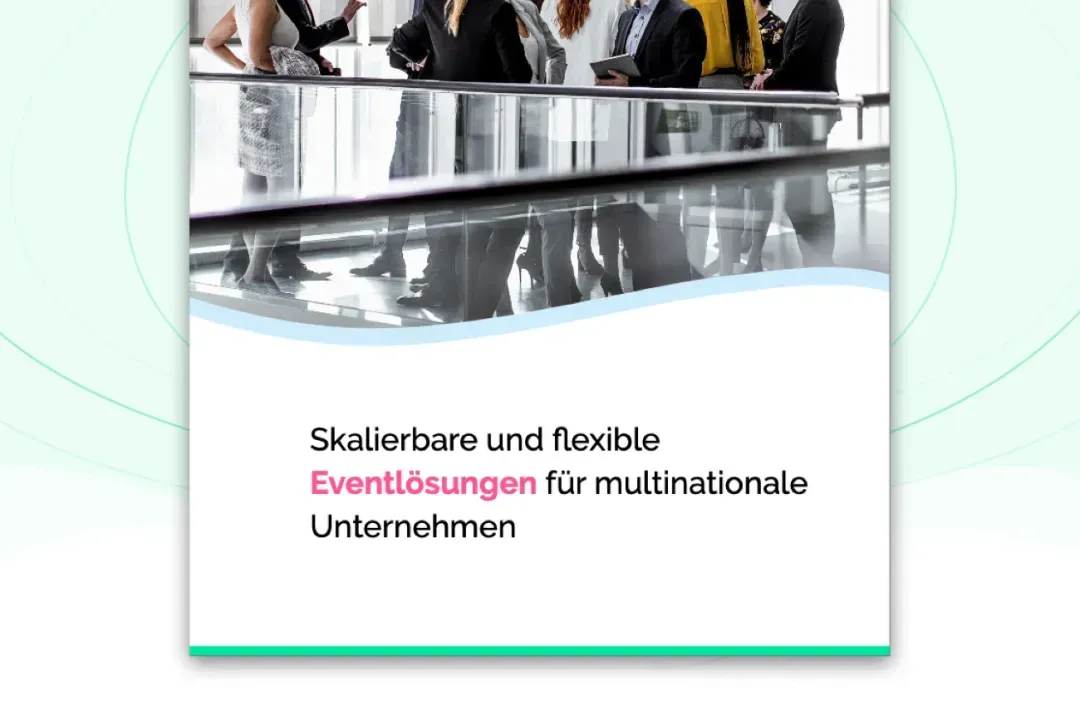
.svg)




.png)


.svg)
.svg)

.avif)








.webp)

.webp)





